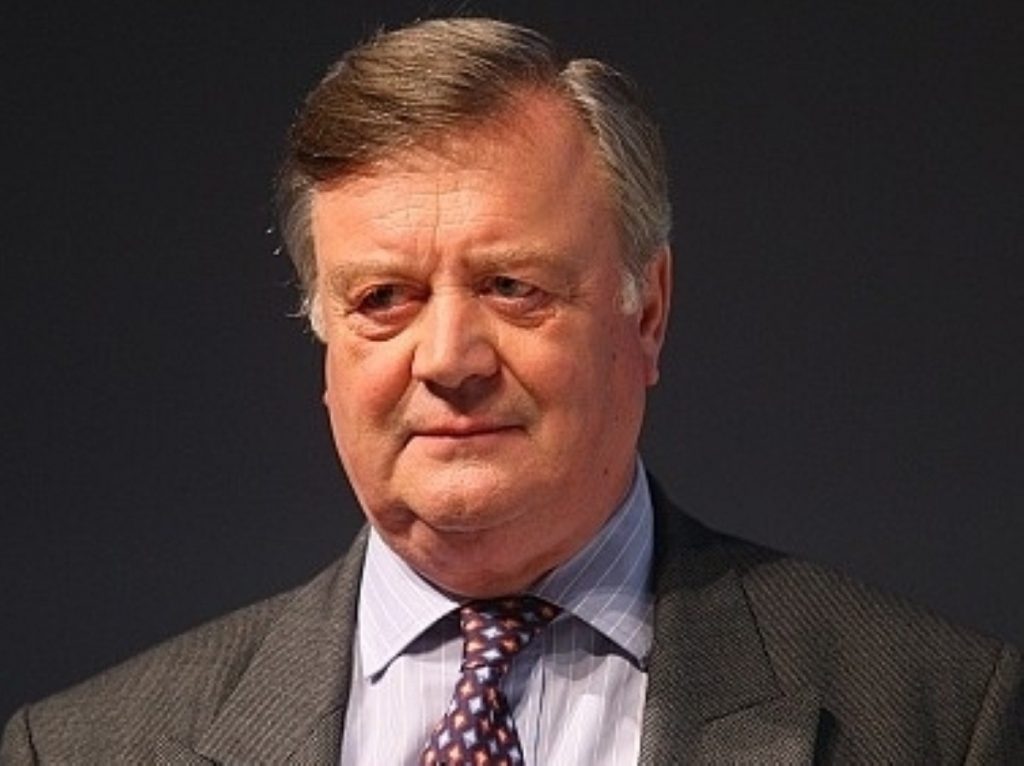Clarke sidesteps Tory justice jitters
By Ian Dunt
Ken Clarke has avoided the anger of Tory members frustrated with his criminal justice policies in a bullish speech to the party’s conference.
The justice secretary had faced condemnation from Tory backbenchers when he announced his intention to reduce short-term sentencing – part of an altogether more liberal approach to the policy brief.
One of the great political survivors, Mr Clarke framed his speech around a proposal for prisoners to work full 40-hour weeks while incarcerated – an idea that will appeal to the Tory rank-and-file.


“If we want to reduce the crimes these people will commit when they get out, and boost the amount we can provide for victim support, we need as many prisoners as possible to work hard for regular working hours,” he said.
In an attempt to calm Conservative discomfort with the liberal agenda, Mr Clarke added: “Do not worry. I have not become some woolly-minded idealist since I was last a reforming minister. I am under no illusions about the British criminal class.
“I am interested in one thing – what works. Value for taxpayers’ money is best achieved by paying – not for good intentions – but for results.”
Mr Clarke, who is keen to acclimatise inmates to the daily routine of work faced in the outside world, berated the “sluggishness” and boredom of prison and its culture of making getting out of bed in the morning optional.
The justice secretary suggested he would allow prison governors to bring in private involvement to provide inmates with work.
The justice secretary told delegates: “The National Grid and Cisco Systems go into prisons to offer training and the prospect of a job and a life away from crime at the end of the sentence.
“I hope to see many, many more companies like these stepping in and offering their expertise to organise productive industries in many of our prisons.”
Mr Clarke also wants all inmates to be paid the national minimum wage as a way of helping them compensate victims and prepare for the financial cost of being out of prison.
The campaign against short sentences is supported by penal reform groups and Labour. Ed Miliband announced that he would support the former chancellor’s efforts last week.
Some Labour figures believed the issue put the Conservatives on the wrong side of the law and order agenda – something of a role reversal given the way the two parties battled on the issue in the 80s.
Senior Labour figures, such as Jack Straw and Alan Johnson, have warned Labour to stick to its tough approach on the topic, but Mr Miliband moved decisively against that view last week when he said he would back a reduction in prison places as a way of helping hammer down the deficit.
Meanwhile, Tory rank-and-file members remain as appalled by the new consensus as former Labour frontbenchers. Some sources suggest Mr Clarke far exceeds his Liberal Democrat colleagues in the Cabinet for his engagement with liberal ideas.









